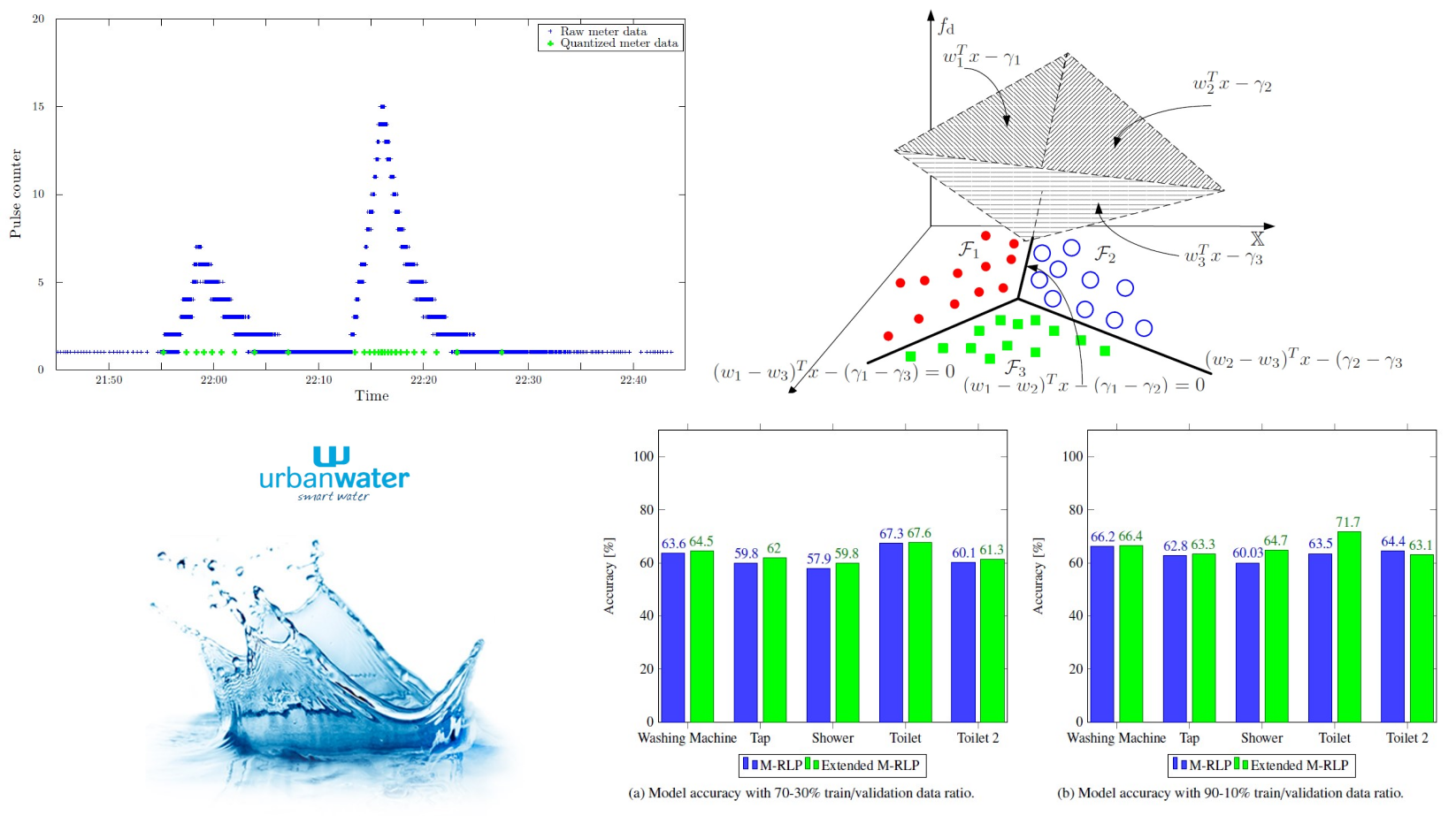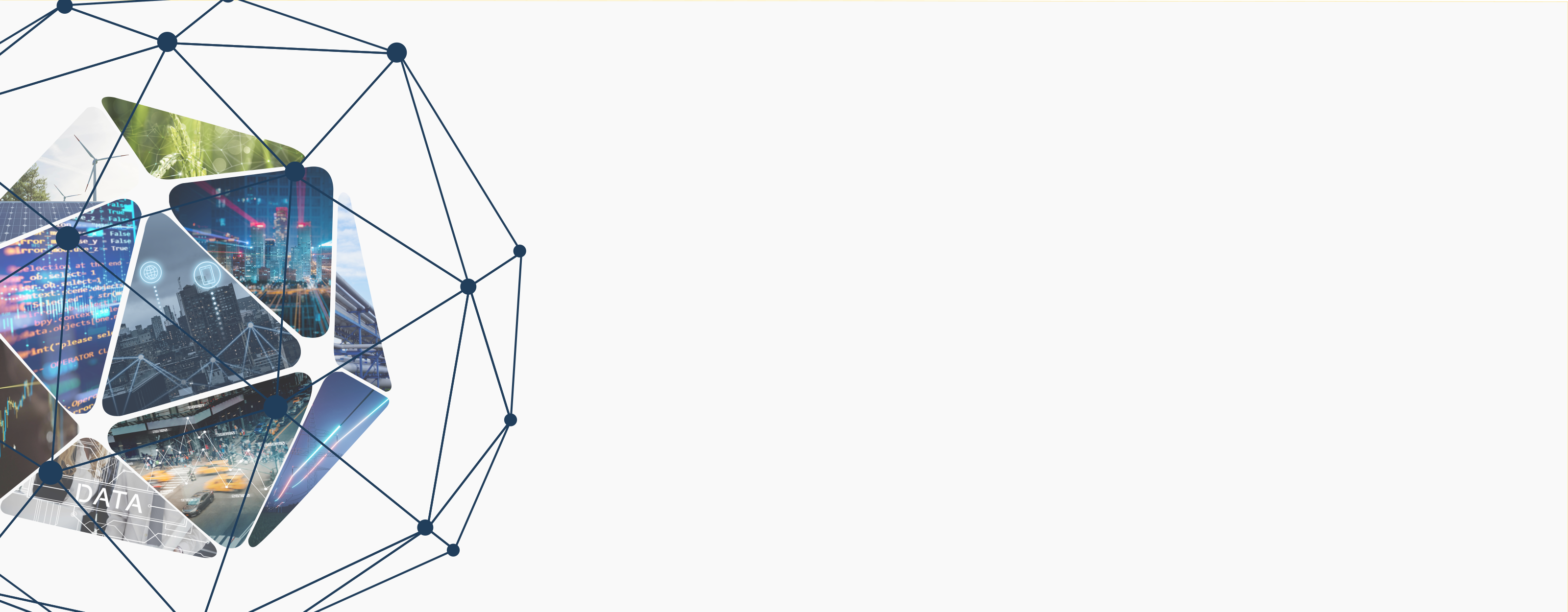Smart water meter for water use disaggregation
Introduction:
Most water meters that are recently (subsequently) installed in buildings throughout Croatia have the possibility of remote reading acquisition, based on different communication standards. Sater supply authority usually conducts such readings on a monthly basis, but shorter acquisition intervals provide interesting insights into water usage characteristics which can later be utilized for various applications.
Data that are automatically collected from advanced water meters have the potential to provide detailed information on household water consumption that would, through the development of consumption characterization techniques, be of great benefit to water distributors and end consumers. A detailed breakdown of water consumption on individual device usage, combined with various social aspects such as social competitions, would facilitate water consumption reduction on the end consumer side. The characterization of water consumption is reduced to the extraction of predefined features from advanced water meter consumption data and the classification of these features towards individual devices such as the shower, dishwasher or just a basic kitchen tap.

Tasks:
- Study machine learning classification techniques with special reference to non-linear classification techniques and try implementing some of the chosen techniques in the Python programming environment.
- It is necessary to perform an analysis of data on water consumption collected by the device from the first task. Expected results of the analysis can be observed regularities in water consumption, connections with some other measurements (electricity consumption, meteorological conditions ...), etc. It is especially interesting to consider the possibility of detecting faulty valves that are constantly leaking.
- Validate the developed ML classification algorithms on actual data of advanced water meters paired with consumption characterization obtained from Water Research Center plc. (WRc), UK. Make a comparison of the achieved accuracy between the used algorithms.
- Improve the model for identifying consumption by using different sets of features used in the classification and consider methods of initializing the model in a new household without user feedback.
Additional information:
- Number of students: 1
- Keywords: water end-use disaggregation; extraction of features from time-series data; machine learning classification
- Water Research Centre plc. (WRc), UK characterized measurements from 74 properties



 Pristupačnost
Pristupačnost